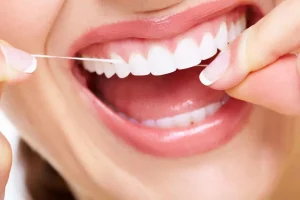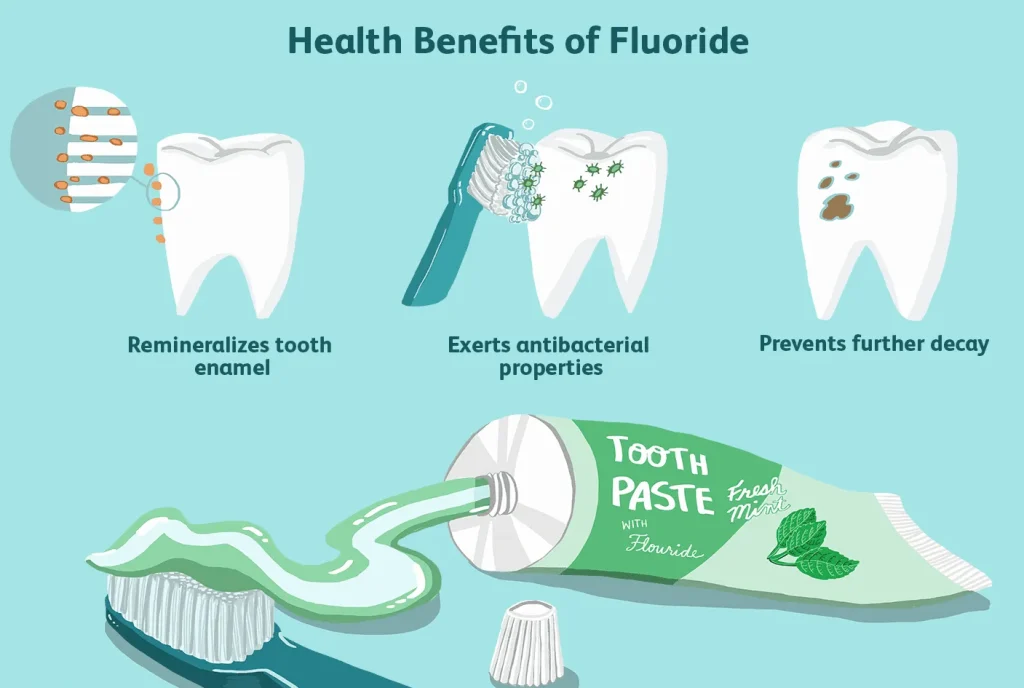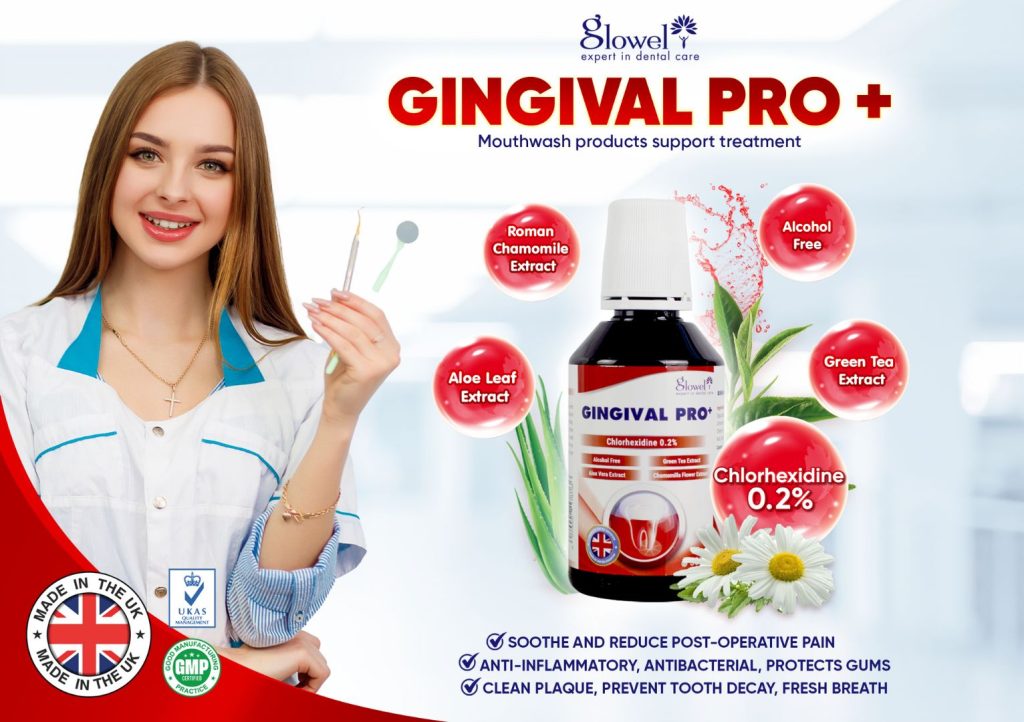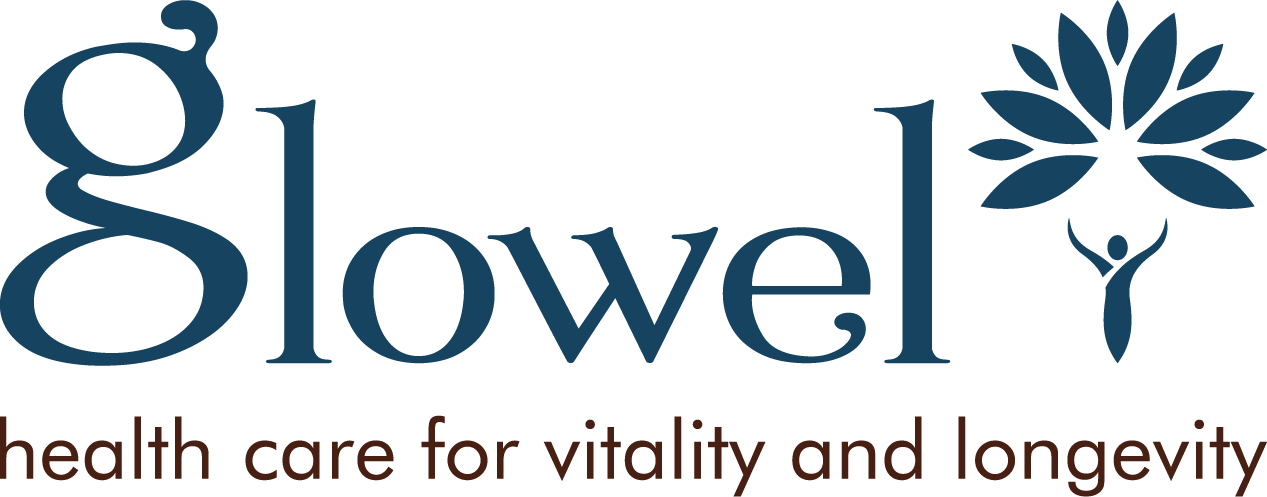Starting oral care early is essential for ensuring a lifetime of healthy teeth and gums. From the moment a child’s first tooth appears, creating good oral hygiene habits can prevent cavities, tooth decay, and other dental issues later in life. Teaching children to brush and floss regularly not only sets the foundation for a healthy smile but also instills a sense of responsibility for their overall health. Early dental care helps parents and caregivers address any potential problems early on, ensuring that children grow up with strong, healthy teeth and a bright future ahead.
Seven Importances Of Starting Oral Care Right Now
Preventing Tooth Decay and Gum Disease
Tooth decay is one of the most common chronic diseases in children. The Centers for Disease Control and Prevention (CDC) reports that about 20% of children aged 12 to 19 years have at least one untreated decayed tooth. By beginning oral care from infancy, parents can greatly reduce the risk of cavities and gum disease. Even before a child’s first tooth appears, it’s important to clean their gums with a soft, damp cloth to remove bacteria. As soon as teeth start to come in, brushing with a small, soft-bristled toothbrush and a tiny amount of fluoride toothpaste helps prevent decay.

Building Healthy Habits
Children who learn to brush and floss early are more likely to continue these habits as they grow. Studies show that adults who practice good oral hygiene as children tend to maintain these habits later in life. Teaching children proper brushing techniques and explaining why oral hygiene matters helps them understand its importance and encourages them to keep up these good habits.
Detecting Oral Health Issues Early
Regular dental visits should start by the age of one or within six months after the first tooth appears. The American Academy of Pediatric Dentistry (AAPD) says that early dental visits can reduce dental problems by 40%. These visits allow dentists to monitor a child’s oral development and catch potential issues early. Problems like misaligned teeth, jaw issues, or early signs of decay can be addressed quickly, preventing more serious issues later.
Avoiding Pain and Discomfort
Poor oral hygiene can lead to painful conditions like toothaches, infections, and gum disease. According to the National Institute of Dental and Craniofacial Research, nearly 1 in 5 children aged 5 to 11 has a decayed tooth. By establishing good oral care routines early, parents can help their children avoid the pain and discomfort associated with these conditions. Preventive care is always better than treatment, and maintaining good oral hygiene from a young age can save children from unnecessary pain.

Boosting Confidence
Healthy teeth play a big role in a child’s self-esteem. Research shows that children with good oral health are more likely to have higher self-esteem and feel confident in social situations. Children with clean, healthy teeth are more likely to smile confidently, which positively impacts their social interactions and overall confidence. In contrast, dental problems like decay or discolored teeth can cause embarrassment and anxiety.
Saving Money in the Long Run
Investing in oral care early can save a lot of money over time. The American Dental Association estimates that preventive care is much less expensive than treating dental problems. Preventing decay and gum disease reduces the need for costly treatments like fillings, crowns, or orthodontic work. By focusing on early oral care, parents can avoid expensive dental procedures in the future.
Setting a Good Example
Parents who prioritize their child’s oral health set a good example for their family. A study in the Journal of Dental Research found that children with parents who practice good oral hygiene are more likely to develop similar habits. Children often mimic their parents’ behavior, so by showing the importance of brushing, flossing, and regular dental visits, parents can instill these values in their children.
>Related article:
DO YOU REALY NEED TO CHANGE YOUR TOOTHBRUSH REGULARLY?
HOW DO YOU TREAT A LOOSE TOOTH?
Additional Tips for Children’s Oral Health
Here are some detailed tips for maintaining and improving children’s oral health:
1. Fluoride Use
- Why It’s Important: Fluoride is a mineral that strengthens tooth enamel, making it more resistant to decay. It can help repair early signs of tooth decay even before cavities form.
- When to Start: The CDC recommends that children start using fluoride toothpaste at the age of 2. For children under 2, consult with a pediatric dentist or doctor before introducing fluoride toothpaste.
- How Much to Use: For children under 3 years old, use a smear of toothpaste about the size of a grain of rice. For children aged 3 to 6, use a pea-sized amount. Ensure children spit out the toothpaste after brushing to avoid swallowing excessive fluoride.

2. Healthy Dietary Choices
- Impact on Oral Health: A balanced diet is crucial for strong teeth and gums. Foods rich in calcium, such as dairy products, help build strong teeth, while vitamins from fruits and vegetables support gum health.
- Foods to Encourage: Include plenty of fruits and vegetables, whole grains, lean proteins, and dairy products in your child’s diet. These foods provide essential nutrients that support oral health.
- Foods to Limit: Sugary snacks and beverages, such as candy, soda, and fruit juices, can lead to tooth decay. Sticky foods like gummy candies and dried fruits can cling to teeth and promote bacterial growth. Encourage your child to drink water, especially after meals, to help rinse away food particles and reduce the risk of cavities.
3. Dental Sealants
- What They Are: Dental sealants are thin, protective coatings applied to the chewing surfaces of the back teeth (molars). These surfaces are prone to decay because of the grooves and pits where food particles and bacteria can get trapped.
- Benefits: Sealants act as a barrier, protecting these vulnerable areas from plaque and acids. According to research, sealants can reduce the risk of decay in molars by up to 80%.
- When to Apply: Sealants are usually applied when a child’s permanent molars come in, typically around ages 6 and 12. The procedure is quick, painless, and can be done during a routine dental visit.
4. Flossing
- When to Start: Flossing should begin as soon as your child has two teeth that touch each other. This typically occurs between the ages of 2 and 3.
- Why It’s Essential: Brushing alone cannot remove all food particles and plaque, especially between teeth where cavities often develop. Flossing helps clean these hard-to-reach areas, reducing the risk of cavities and gum disease.
- How to Floss: Use a gentle back-and-forth motion to slide the floss between the teeth, making sure to curve it around each tooth and go beneath the gum line. If your child struggles with flossing, you can use floss picks or a water flosser designed for children.

5. Regular Dental Check-Ups
- Starting Early: Children should have their first dental visit by the age of one or within six months after their first tooth appears. Regular check-ups are crucial for monitoring dental development and preventing potential issues.
- Frequency: It’s recommended that children visit the dentist every six months. However, your dentist might suggest more frequent visits if your child is at higher risk for dental problems.
- What to Expect: During these visits, the dentist will clean your child’s teeth, apply fluoride treatments if necessary, and check for any signs of decay or developmental issues. These visits also provide an opportunity to educate your child about oral hygiene’s importance and address any concerns you might have.
So, What Oral Products Are Best For You?
Glowel Gingival Pro+ Post-Dental Surgery Mouthwash (UK) – 300ml
Choose Glowel Gingival Pro+ to ensure your gums get the care they deserve after dental surgery. This mouthwash is crafted to provide gentle yet powerful protection for your oral health:
- Origin: Made in the UK, ensuring top-quality standards.
- Key Ingredient: Contains Chlorhexidine Digluconate (0.2%), a strong antiseptic to prevent bacterial growth and reduce the risk of infections.
- Soothing Relief: Infused with Chamomile Extract and Aloe Vera to calm and heal sensitive gums.
- Effective Recovery: Helps in faster healing post-surgery by protecting your gums and reducing inflammation.
- Easy to Use: Simply pour a full cap (30ml), swish for 60 seconds, and spit out.

Glowel Total Care Absolute Ice 6in1 Daily Mouthwash – 500ml
Keep your smile bright and your breath fresh with Glowel Total Care Absolute Ice 6in1. This all-in-one daily mouthwash is perfect for anyone who values comprehensive oral care:
- 6-in-1 Benefits:
- Maximum Bacteria Protection: Keeps harmful bacteria at bay.
- Strengthens Enamel: Contains Sodium Fluoride to reinforce your teeth.
- Treats Gum and Throat Issues: Provides relief for sore gums and throat.
- Prevents Plaque and Tartar: Keeps your teeth clean and free from buildup.
- Natural Whitening: Whitens your teeth for a brighter smile.
- Long-Lasting Fresh Breath: Ensures you feel confident all day.
- Ingredients: Formulated with Sorbitol, Poloxamer 407, Citric Acid, and more to provide complete care.
- Usage: Swoosh 10ml (2 teaspoons) of the solution for 30 seconds, then spit out. Use it twice a day, morning and night, for best results.

Take Action Today! Elevate your daily oral care routine with Glowel Total Care Absolute Ice 6in1 and Glowel Gingival Pro+. Add to Cart now and enjoy a healthy, confident smile with free shipping and quick delivery!
In Conclusion
Starting oral care early is about more than just preventing cavities—it’s about setting up a lifetime of good health. By encouraging healthy habits, ensuring regular dental check-ups, and teaching the importance of oral hygiene, parents can help their children enjoy a bright, confident smile throughout their lives. It’s never too early to start caring for your child’s oral health—begin today for a healthier tomorrow.
FAQs
1. Why is it never too early to start dental care?
It’s never too early to start dental care because good oral health begins before the first tooth even appears. Early dental care helps prevent tooth decay and gum disease from the start, establishes healthy habits, and allows for early detection of potential oral health issues. Starting early sets the foundation for a lifetime of strong, healthy teeth and gums.
2. When should I start oral care?
You should start oral care for your child even before their first tooth emerges. Gently clean your baby’s gums with a soft, damp cloth after feedings to remove bacteria. Once the first tooth appears, typically around six months of age, begin brushing twice a day with a small, soft-bristled toothbrush and a tiny smear of fluoride toothpaste.
3. Why is early oral health important?
Early oral health is important because it prevents tooth decay, gum disease, and other oral health issues that can develop later in life. Establishing good oral hygiene habits early on helps children maintain these habits as they grow. Early dental visits also allow dentists to monitor oral development and catch any potential problems before they become serious.
4. How to care for 1-year-old teeth?
To care for a 1-year-old’s teeth:
- Brush Twice a Day: Use a small, soft-bristled toothbrush with a tiny smear of fluoride toothpaste.
- Clean Gums: Even if there are only a few teeth, continue to gently clean the gums with a damp cloth.
- Avoid Sugary Drinks: Avoid giving sugary drinks, especially in bottles or sippy cups, which can cause tooth decay.
- First Dental Visit: Schedule your child’s first dental visit by their first birthday or within six months of their first tooth appearing. The dentist will check for any issues and provide guidance on caring for your child’s teeth.
